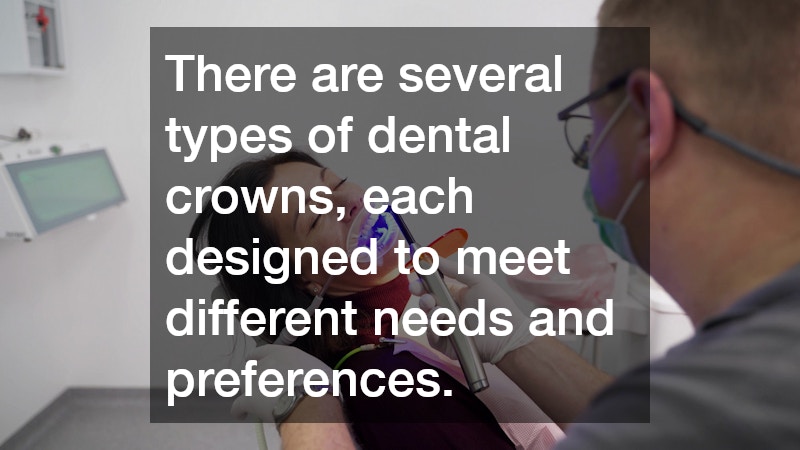The Complete Guide to Dental Crowns: Restoring Strength and Beauty to Your Smile
When it comes to maintaining oral health, dental crowns offer an unparalleled solution for restoring strength and beauty to your smile. For those experiencing damaged or weakened teeth, dental crowns serve as a protective cap that not only strengthens the tooth but also enhances its appearance. As one of the most common restorative dental treatments, crowns provide a functional answer to a variety of dental issues. In this comprehensive guide, we explore the intricacies of dental crowns, their benefits, and how they can transform your dental health.
Understanding Dental Crowns
Dental crowns are essentially caps placed over a tooth to restore its shape, size, strength, and appearance. This procedure is typically recommended when a tooth is extensively decayed, fractured, or weakened from previous fillings. Crowns are also used after a root canal treatment to reinforce the treated tooth. Made from materials such as porcelain, ceramic, metal, or resin, crowns are custom-designed to match the color and shape of your natural teeth. The versatility of dental crowns allows them to solve multiple oral health problems while restoring confidence in your smile.
Types of Dental Crowns
There are several types of dental crowns, each designed to meet different needs and preferences. Porcelain or ceramic crowns offer a natural-looking finish and are often chosen for the front teeth due to their aesthetic appeal. Metal crowns, however, are more durable and are usually preferred for back teeth where aesthetics are less critical. Porcelain-fused-to-metal crowns blend durability with a more natural appearance, while all-resin crowns are a more economical option but may wear down over time. The choice of material depends on factors such as the location of the tooth, patient’s budget, and aesthetic preferences.
The Dental Crown Procedure
The process of getting a dental crown typically involves two visits to the dentist. During the first appointment, the dentist examines and prepares the tooth by removing the outer portion of the damaged area to make room for the crown. An impression of the tooth is then taken to create a custom-fit crown. A temporary crown is placed to protect the tooth while the permanent crown is being made. On the second visit, the temporary crown is removed, and the new, permanent crown is checked for proper fit, color, and comfort before being cemented in place. This ensures a secure and comfortable fit that seamlessly blends with your natural teeth.
Benefits of Dental Crowns
Dental crowns offer a multitude of benefits, making them a popular choice in restorative dentistry. They provide a strong and durable solution for restoring damaged teeth, with a lifespan that can extend for many years with proper care. Crowns can also improve the overall aesthetics of your smile by concealing discolored or misshapen teeth, thus boosting self-confidence. Additionally, by restoring the functionality of damaged teeth, dental crowns keep your bite aligned and preserve your overall oral health. It’s important to note that while dental crowns are resistant to stains, maintaining good oral hygiene can enhance their longevity and effectiveness.
Caring for Your Dental Crowns
Proper care is essential to maximizing the lifespan and performance of your dental crowns. Like natural teeth, crowns require daily brushing and flossing to prevent plaque buildup and gum disease. It is also advisable to avoid biting hard objects or using your teeth to open packages, as this can damage the crown. Regular dental check-ups are important for monitoring the condition of your crowns and ensuring the surrounding oral structures remain healthy. By adopting a diligent oral care routine, you can extend the life of your dental crowns and continue to enjoy a strong, beautiful smile.
Conclusion
Dental crowns represent a highly effective solution for restoring both the function and beauty of teeth that have been compromised due to decay or trauma. By understanding the different types of crowns and the benefits they offer, individuals can make informed decisions about their dental care. With proper installation and maintenance, dental crowns can last for many years, providing a durable and aesthetically pleasing result. Consulting with a dental professional can help determine the most suitable type of crown for your needs, paving the way for a healthier, brighter smile. Embrace the transformative power of dental crowns and restore your confidence in your smile today.
